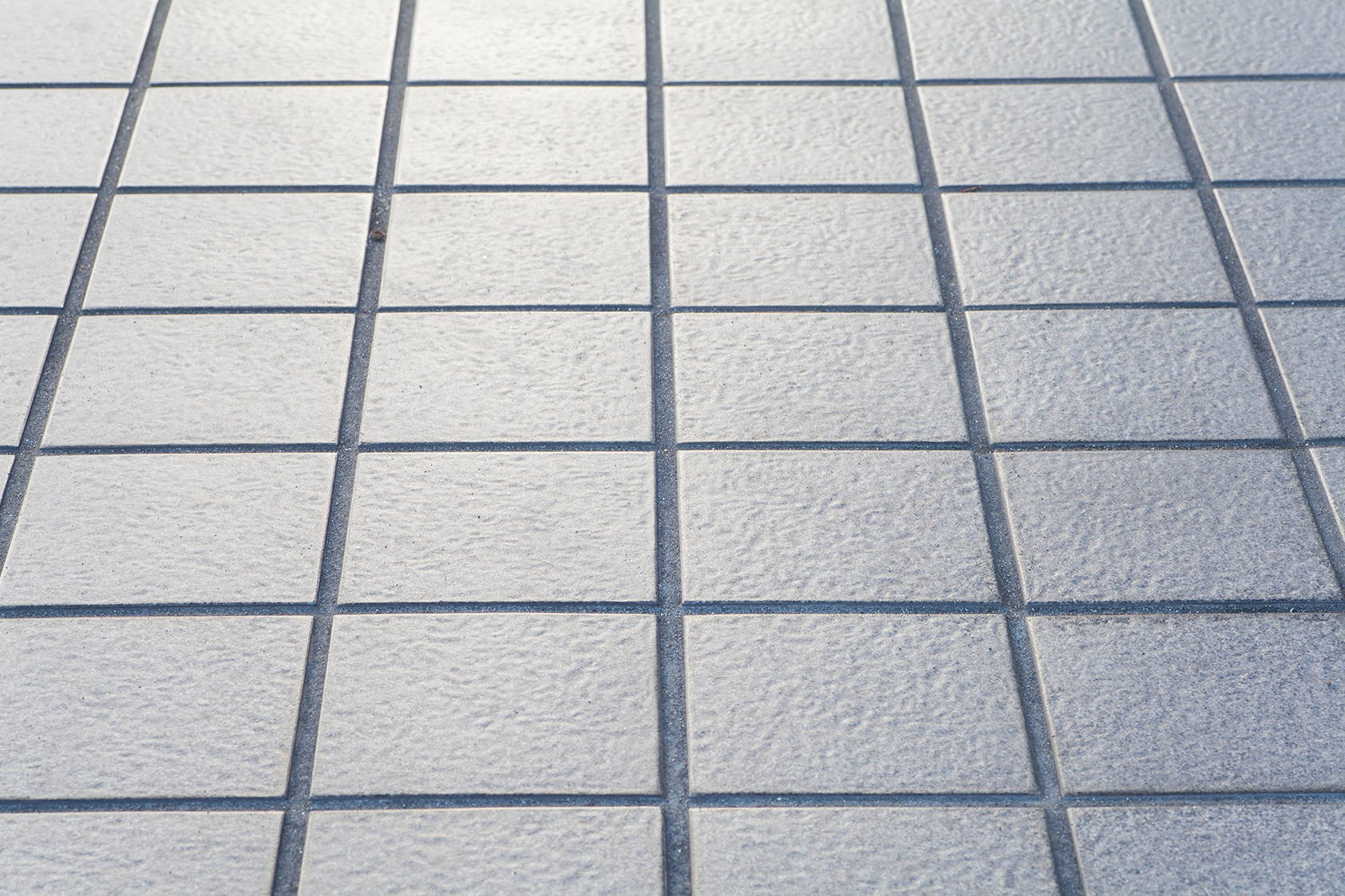Imagine epoxy grout as a sturdy shield, standing between your tiles and the relentless assault of water. You may have heard that epoxy grout is a potent defense against water infiltration, but how true is this claim? As you ponder the reliability of epoxy grout in stopping water, it’s essential to consider various factors that come into play.
What Is Epoxy Grout?
- Epoxy grout is a specialized type of grout that combines epoxy resins and a filler powder to create a durable, waterproof sealant commonly used in high-moisture areas like showers and swimming pools. When it comes to epoxy grout installation, meticulous preparation is crucial. Unlike traditional cement grout, epoxy grout requires precise mixing ratios and swift application due to its fast-setting nature. It’s essential to follow the manufacturer’s instructions carefully to ensure a successful installation.
- Epoxy grout maintenance is relatively straightforward but vital for preserving its integrity. Regular cleaning with a pH-neutral cleaner and gentle scrubbing will help prevent dirt and grime buildup. Avoid using harsh chemicals or abrasive tools that could damage the grout’s surface. Periodic resealing is also recommended to maintain its waterproof properties.
- Inspecting for any cracks or gaps and addressing them promptly is key to preventing water infiltration and prolonging the lifespan of the epoxy grout. By following these maintenance practices, you can ensure that your epoxy grout remains effective and visually appealing for years to come.
How Does Epoxy Grout Work?
- To effectively understand how epoxy grout operates, it’s essential to grasp its unique chemical composition and bonding mechanism. Epoxy grout works by forming a waterproof sealant due to its chemical structure, which consists of epoxy resin and hardener components.
- When these two parts are mixed together, a chemical reaction occurs, creating a dense, impermeable substance that effectively prevents water penetration. This waterproof sealant is what makes epoxy grout highly resistant to water damage, making it ideal for areas prone to moisture exposure, such as bathrooms and kitchens.
- Moreover, epoxy grout offers exceptional chemical resistance, meaning it can withstand exposure to various chemicals without deteriorating. This feature further enhances its durability and longevity, making it a preferred choice for environments where exposure to harsh substances is common. By combining its waterproof sealant properties with excellent chemical resistance, epoxy grout provides a reliable and long-lasting solution for sealing and protecting tile surfaces effectively.

Benefits of Using Epoxy Grout
- Understanding the chemical composition and bonding mechanism of epoxy grout reveals the numerous benefits of using this specialized sealant. Epoxy grout serves as a highly effective waterproof sealant, preventing water from seeping through and causing damage to your surfaces. Its unique formula creates a durable barrier that withstands moisture, making it ideal for areas prone to water exposure such as bathrooms and kitchens.
- One of the key advantages of epoxy grout is its easy maintenance. Unlike traditional cement grout, epoxy grout is non-porous, which means it’s resistant to stains and mold growth. This feature simplifies cleaning routines as dirt and spills can be effortlessly wiped away without leaving behind residue. Additionally, the smooth surface of epoxy grout discourages the accumulation of grime, ensuring your tiled surfaces remain pristine with minimal effort.
Considerations Before Using Epoxy Grout
- Prior to applying epoxy grout, assess the specific requirements of your project to ensure optimal results. When considering epoxy grout for its waterproofing capabilities, it’s essential to understand the moisture resistance it offers. Epoxy grout is a popular choice for areas prone to high moisture levels, such as bathrooms, kitchens, and swimming pools.
- Before using epoxy grout, evaluate the waterproofing techniques needed for the specific environment. Ensure that the surface is clean, dry, and free of any existing grout or debris to allow for proper adhesion of the epoxy grout. Additionally, consider the expansion and contraction of the materials being grouted, as epoxy grout can be less forgiving in these scenarios compared to other types of grout.
Tips for Applying Epoxy Grout
- Assess the cleanliness and dryness of the surface before applying epoxy grout to ensure proper adhesion and optimal waterproofing in moisture-prone areas like bathrooms and kitchens. To start the grout application process, make sure the surface is free of dust, debris, and any existing grout. Thoroughly clean the area and allow it to completely dry before proceeding.
- When applying epoxy grout, follow the manufacturer’s instructions carefully. Mix the epoxy grout according to the specified ratios and apply it evenly using a rubber float. Ensure that the grout fills all joints completely to create a watertight seal. After applying the grout, use a damp sponge to remove excess grout from the tile surfaces while being careful not to disturb the grout lines.
- To enhance waterproofing, consider sealing techniques after the epoxy grout has fully cured. Apply a high-quality grout sealer over the grout lines to provide an extra layer of protection against moisture penetration. Proper surface preparation and sealing practices are essential for achieving long-lasting waterproofing effects with epoxy grout.
Conclusion
In conclusion, epoxy grout is an effective solution for stopping water due to its non-porous nature and ability to resist stains and mold growth. By filling in gaps and creating a strong bond, epoxy grout provides a waterproof barrier that traditional cement grout cannot. When applied correctly and maintained properly, epoxy grout can help prevent water damage and prolong the life of your tiled surfaces.